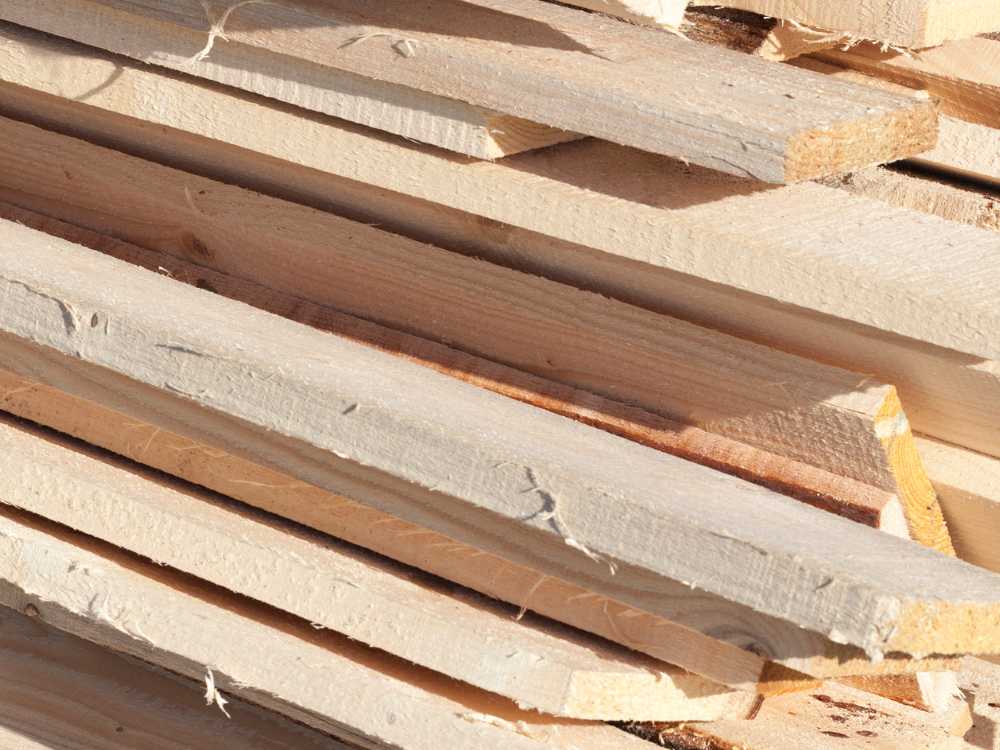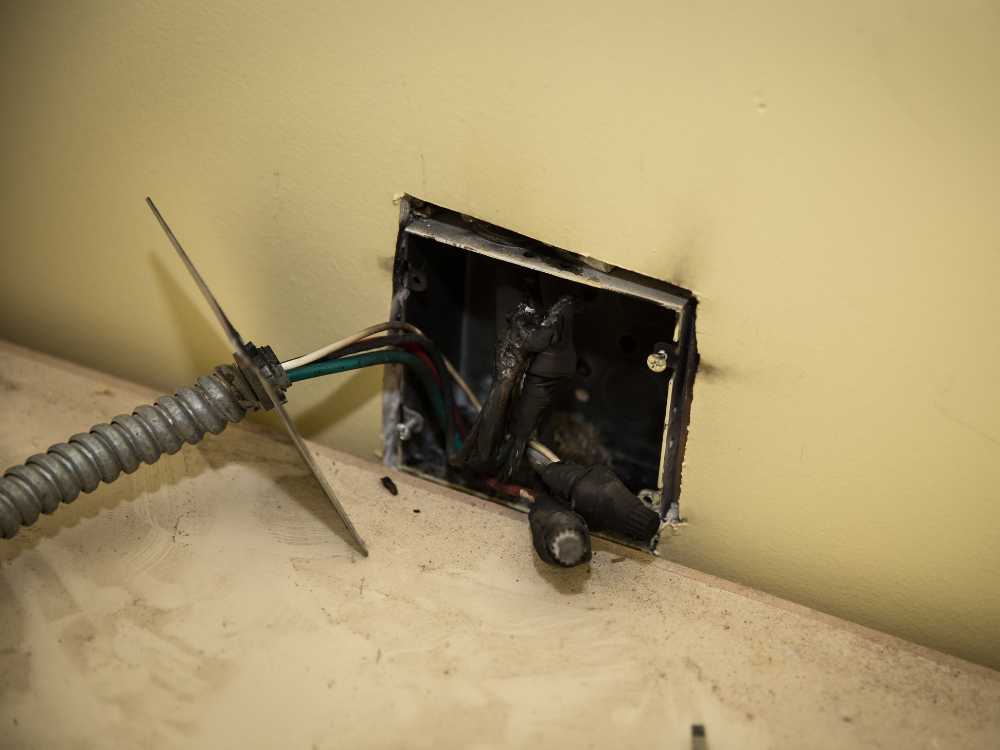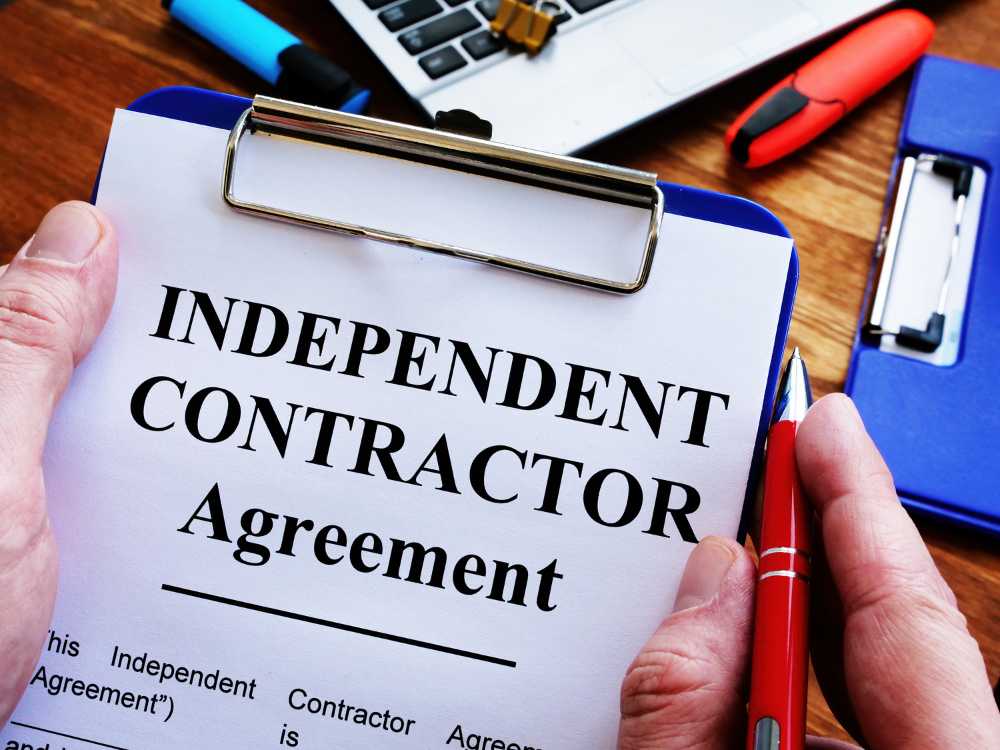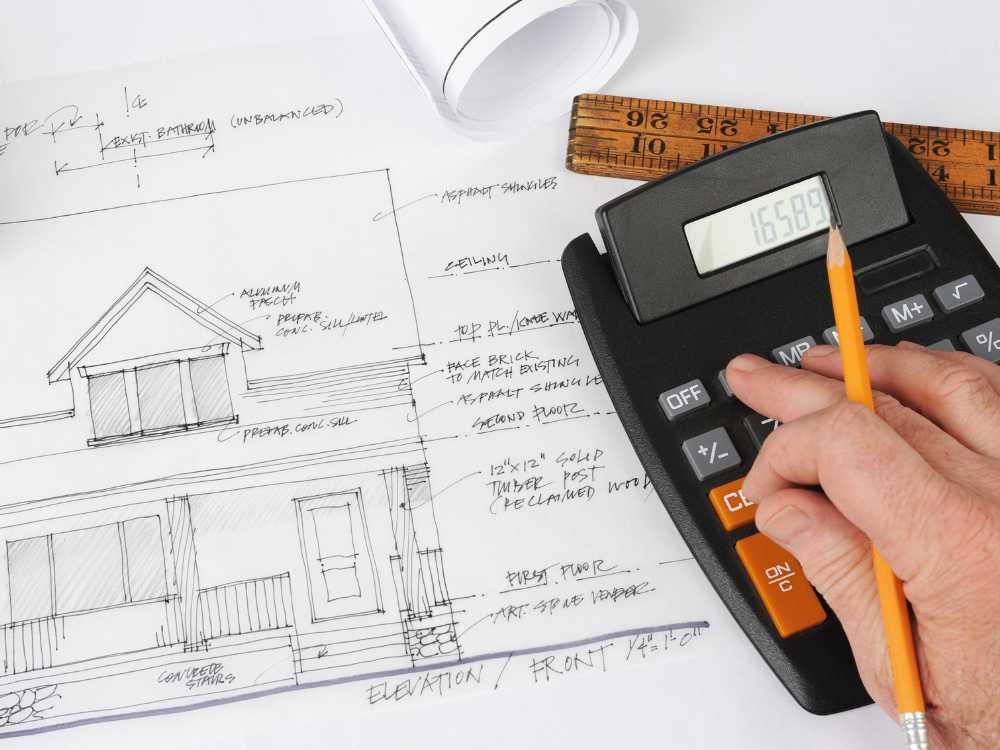When embarking on a construction project, whether it’s a renovation or a new build, you expect quality workmanship and adherence to the terms of your contract. Unfortunately, disputes with contractors can arise, leaving you with subpar results or unfulfilled promises. In such cases, it may be necessary to take legal action and sue the contractor for damages. This guide will outline when and how to sue a contractor for a construction project in Canada, and provide valuable insights into the process.
What Things Can You Sue a Contractor For?
You can sue a contractor for a variety of reasons, including but not limited to:
Breach of Contract

Breach of contract occurs when a contractor fails to fulfill the terms and obligations stipulated in the contractual agreement. This could involve various aspects of the project, such as not adhering to specified project requirements, failing to meet agreed-upon deadlines, or using inferior labour or materials that do not meet the standards outlined in the contract. When a contractor breaches the contract, it can result in disputes and legal actions to seek remedies for the damages incurred due to their non-compliance with the agreed terms.
Negligence

Negligence on the part of the contractor refers to situations where their actions or lack thereof result in harm, damage, or financial losses to you as the homeowner or property owner. This could include instances of careless or reckless behavior during the construction process, such as inadequate supervision of workers, failure to follow safety protocols, or improper handling of materials, leading to accidents, property damage, or other adverse consequences.
A second and common ground for claims of negligence arises when the contractor fails to use appropriate labour (either in skill or quantity), or appropriate materials. This type of contractor failure is often called Poor Workmanship (more on this below).
In the case of a claim for negligence, the “appropriate” standard will not be set out in the contract, and instead will need to be determined by what is typically done in industry practice in the circumstances.
When negligence occurs, you may have grounds to pursue legal action against the contractor to seek compensation for the losses suffered as a result of their negligence. The losses you can claim are extensive and include direct financial losses, such as additional costs for repairs, out of pocket expenses, and settlements paid and indirect financial losses, such as additional interest costs, lost profits, and other losses. In some extreme circumstances, you can even claim for personal injury-type damages for your pain and suffering as a result of the contractor’s actions.
Poor Workmanship

Poor workmanship encompasses substandard or defective construction work that fails to meet established industry standards, building codes, or specifications outlined in the contract. This could involve issues such as shoddy craftsmanship, structural deficiencies, installation errors, or use of inferior materials, compromising the quality, integrity, and safety of the completed project. When confronted with poor workmanship, you may have recourse to take legal action against the contractor to rectify the deficiencies and seek compensation for any damages or losses incurred due to their subpar performance.
Fraud

Fraud or misrepresentation occurs when a contractor engages in deceptive or fraudulent practices, intentionally providing false information, making misleading claims, or concealing important facts to induce you into entering into the contract. This could include misrepresenting their qualifications or experience, exaggerating the scope or capabilities of the project, or concealing known defects or issues with the property.
Very commonly we see contractors who perform work on a cost-plus basis engaging in forms of fraud. Typical schemes to look out for are:
- The Cost-Plus-Plus Contract: The contractor charges the owner for his employees on an hourly basis and the charge includes a profit to the contractor, and then the contractor charges his mark-up on top of the charge. We call these cost-plus-plus contracts, and unless the Owner explicitly agrees to them, they are inappropriate and possibly fraudulent.
- Overpurchasing and then Reselling Materials: A cost-plus contractor has little incentive to minimize waste since he is paid for every purchase he makes with the Owner’s money. As a result, he often over-purchases materials and takes those materials with him to the next job. This in and of itself is effectively theft and is not permitted. But then the contractor goes even further and often sells those materials on a cost plus basis to the Owner of the next contractor’s job, claiming that he paid for the materials with the second Owner’s funds. This is, again, a fraud.
- Kickbacks: A cost-plus contractor is incentivized to run up the costs for the Owner. As a result he may find ways to increase those costs, and increase his share of those costs. We have seen many unscrupulous contractors who have relationships with subtrades that cause the subtrades to bill for inflated amounts, and then pay to the contractor the excess, resulting in increased costs for the Owner. Another similar scenario is where the contractor is a owner of one of the subtrades. While not in and of itself a fraud, the contractor’s ownership in a subtrade will have a tendency to cause the costs for the Owner to go up.
As you can likely infer, we never recommend owners to engage with contractors on a cost-plus basis.
These sorts of frauds can also be perpetrated by a construction manager, and to a lesser extent a fixed price contractor. But in the case of a fixed-price contractor, the risks to the Owner are greatly reduced provided that they do their due diligence at the beginning on the price for the work.
When fraud or misrepresentation is present, you may have legal grounds to pursue remedies such as contract rescission, damages for fraud, or other relief to address the harm caused by the contractor’s deceptive conduct.
What Do You Need in Order to Sue a Contractor?
Before suing a contractor, it’s essential to gather evidence to support your claim. This may include:
The Contract

The contract serves as the cornerstone of any construction project, providing a comprehensive framework that outlines the rights, responsibilities, and obligations of both parties involved. It is crucial to maintain a copy of the signed contract, as it delineates the agreed-upon terms, conditions, and specifications governing the project. This document serves as a reference point in case of disputes or disagreements, providing clarity on issues such as project scope, timelines, payment terms, and quality standards. By adhering to the terms outlined in the contract, both parties can ensure accountability and transparency throughout the construction process.
An executed contract that is in writing is also important to any claim. However, we have been involved in a number of successful cases involving oral contracts or contracts which have not been executed.
A court will often look at the parties conduct – if everyone acts like the unsigned contract is the document which governs the project, the court will not give any weight to the fact that the contract was unsigned.
Documentation

Documentation plays a pivotal role in substantiating claims and preserving evidence in the event of a dispute with the contractor. It is essential to maintain meticulous records of all communications, including emails, letters, text messages, and verbal agreements, pertaining to the construction project. These records serve as a paper trail that can be used to corroborate assertions, track progress, and address any deviations from the contractual terms. By maintaining comprehensive documentation, homeowners can bolster their case and protect their interests in legal proceedings or negotiations with the contractor.
Ensuring that all agreements and the terms of the agreements are recorded in writing will also go a long way to assisting your case.
Photographs

Photographs serve as a visual record of the construction project’s progress and condition at various stages of completion. It is advisable to take photos of the work site, including the workmanship, materials used, and any defects or deviations from the contract specifications. These photographs provide tangible evidence of the contractor’s performance and can be invaluable in substantiating claims of poor workmanship, construction defects, or breaches of contract. By documenting the project through photographs, homeowners can effectively illustrate any discrepancies or deficiencies and strengthen their position in dispute resolution proceedings.
Photos at regular intervals are also a useful tool to review the progress of the work and can greatly assist in assessing delay claims – whether that is refuting the delay claim by the contractor or the Owner making a delay claim against the contractor.
Expert Opinions

In cases involving poor workmanship or construction defects, seeking expert opinions from qualified professionals can provide valuable insights and evidence to support your claims. In fact, if the case proceeds to court, such opinions have sometimes been ruled necessary for the Owner to succeed in the case.
Consider engaging the services of an engineer, building code expert, quantity surveyor or other relevant experts specializing in construction and building assessments. These experts can conduct thorough inspections, identify deficiencies, and provide detailed reports outlining the extent of the problems and the necessary remedial measures. These experts can often be of assistance during the course of the work before the dispute becomes litigious.
After the dispute arises, by obtaining expert opinions, Owners can bolster their case with objective assessments and technical expertise, enhancing their credibility and strengthening their position in legal proceedings or negotiations.
Cost Estimates

Cost estimates play a crucial role in assessing the financial implications of addressing issues arising from the contractor’s negligence or breach of contract. Homeowners should obtain quotes from reputable contractors or experts for the cost of repairing or remedying the defects identified in the construction project. These cost estimates should encompass all necessary materials, labor, and other expenses associated with rectifying the issues and bringing the project up to the required standards. By obtaining comprehensive cost estimates, homeowners can accurately quantify their damages and losses, providing a basis for seeking compensation or pursuing legal action against the contractor.
The best evidence, however, of the costs to repair deficient work are the actual receipts for money paid to have the work repaired.
Can You Sue a Contractor Over a Quote?
While quotes are generally not necessarily binding contracts, if a contractor provides a quote and fails to deliver the work as outlined or significantly exceeds the quoted price without justification, you may have grounds to sue for breach of contract or negligent misrepresentation.
What Are the Steps You Need to Take to Sue a Contractor?

Step 1: Attempt to resolve the dispute amicably: Before resorting to legal action, try to address the issue directly with the contractor and seek a resolution through negotiation or mediation. Sophisticated contracts such as CCDC-type contracts often require mediation before the dispute moves on to litigation.
Step 2: Consult with a construction lawyer: If your attempts to resolve the dispute informally are unsuccessful, seek legal advice from an experienced construction lawyer. They can review your case, assess your legal options, and advise you on the best course of action.

Step 3: Gather evidence: Collect all relevant documentation, including the contract, communications with the contractor, photographs, and expert opinions, to support your claim.

Step 4: File a claim: If attempts to resolve the dispute out of court prove unsuccessful, you may need to initiate legal action by filing a claim against the contractor. The appropriate venue for filing your claim will depend on the amount of damages you are seeking. For smaller claims involving amounts up to $35,000, Small Claims Court is typically the jurisdiction of choice. However, if the damages exceed this threshold, you may need to file your claim in Superior Court. It is essential to adhere to the procedural requirements and deadlines prescribed by the court in order to effectively pursue your case and seek appropriate remedies for the harm you have suffered.
Taking legal action against a contractor for a construction project can be daunting, given the complexities involved. However, with the support and expertise of seasoned construction lawyers, such as those at ATAC LAW, you can navigate the process with confidence. Our experienced team can provide the guidance and representation you need to pursue compensation for your losses and ensure accountability for the contractor’s actions. If you’re facing a dispute with a contractor, reach out to us today for a consultation. Let us protect your rights and advocate for your best interests.





